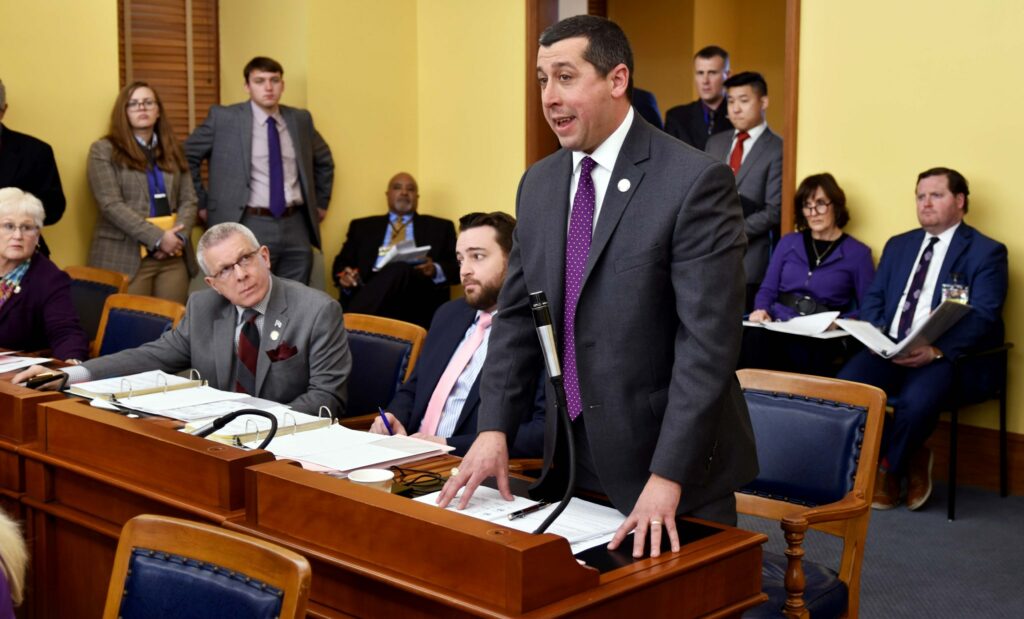Assemblyman Bergen to introduce legislation restricting emergency executive orders

TRENTON, N.J. – Assemblyman Brian Bergen is introducing legislation to put a layer of checks and balances on the governor’s ability to enact emergency executive orders.
"The governor's ability to unilaterally impose restrictions on the freedoms of our citizens cannot go unchecked,” said Bergen (R-Morris). “One person with near absolute power is dangerous. Governor Murphy doesn’t even have a problem admitting that he doesn’t consider the Bill of Rights. My legislation will ensure that the governor has the ability to take emergency action, but that action must be reviewed and approved by the legislature within 14 days or it will expire."
The governor’s emergency powers are defined in the Disaster Control Act to assist with a war effort, and was expanded to provide for civil defense and natural and unnatural disasters.
The state Supreme Court warned in Worthington v. Fauver, 1982, that “These emergency powers represent an extraordinary delegation of authority by the Legislature to the Executive. Because of the extraordinary nature of that authority, the executive orders must not only bear a rational relationship to the goal of protecting the public, but their scope must not exceed the extent of the emergency.”
According to Bergen, the steps Gov. Phil Murphy has taken have crossed that line.
“Right now, the governor is picking winners and losers in the business community,” said Bergen. “He is allowing box stores to remain open while shuttering main street businesses. You can buy a bike from Target but not your local bike shop; you can pave a road but not a driveway; you can buy a sandwich but not ice cream. Governor Murphy is making these decisions in a bubble with no checks and balances. That needs to end now and should never be allowed to happen again."
Bergen’s legislation would require legislative review after 14 days of any executive order and would not allow an executive order to extend beyond that point without the affirmation of the legislature.
"The legislature is the lawmaking body of the state, and no governor should be able to trump all state, county and municipal law with the stroke of a pen without those actions being reviewed and approved by the legislature," concluded Bergen.





